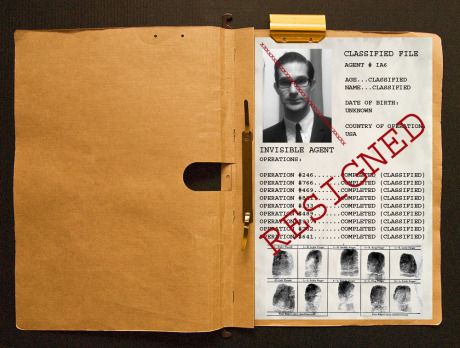Estimated reading time (in minutes)

Many people are ” files ” by the police, the gendarmerie or the justice system! How do you know if this is your case and, if so, how do you have this data deleted?
Main files.
There are several categories of files. Police records , gendarmerie records and court records.
Among the police files, the most important is the STIC (system for processing recorded offences) which groups together all the elements kept on the identity of a person within the framework of a police procedure. As soon as a police procedure is initiated, whether or not it results in a conviction, information concerning both the defendant and the victim will be kept.
The second is the JUDEX (judicial system of documentation and exploitation) used by the gendarmerie within the framework of administrative or judicial police operations.
The court cases relate in particular to people prosecuted in the context of sexual assault cases.
Finally, in terms of terrorism, there is the list of data subjects S, these people are potentially threatening to the security of the State. According to the law, these are people “who are the subject of research to prevent serious threats to public security or to the security of the State, once information or real clues have been collected about them. “. .
Who should I contact ?
You can access the STIC file by sending a letter to the President of the CNIL (Commission Nationale de l’Informatique et des Libertés). The president of the CNIL who will check whether the retention period of the file is respected, whether the nature of the offense allows the retention of this file. If the CNIL does not proceed with the deletion of the file, you have the possibility of making a request to the public prosecutor. This sending can be done by a simple email with your identity elements. The latter can decide in particular cases to delete the file: in the event of judicial reclassification, that is to say if the offense changes in seriousness; in the event of classification without follow-up for insufficient charges; finally if you are acquitted or released.
How long is the data kept?
This period is not the same whether you are an adult or a minor. For adults, the duration is in principle 20 years, but may be less depending on the seriousness of the offence. It can extend up to 40 years for acts considered serious, for example an act of genocide or an abduction. For minors, the period is 5 years, except in the case of a serious offense where the period can be up to 10 years. For victims, the period is in principle 15 years.
Who can access it ?
All persons who can have direct access to police files: the national police, the gendarmerie, general intelligence, the ministry of the interior. Other people may have access to your file by requesting general information; this is especially the case for your employer. This is why you should always pay particular attention to your STIC card, and to its possible deletion.
DAMY Law Firm , Nice, How do I know if I’m on file? Update 2022.
